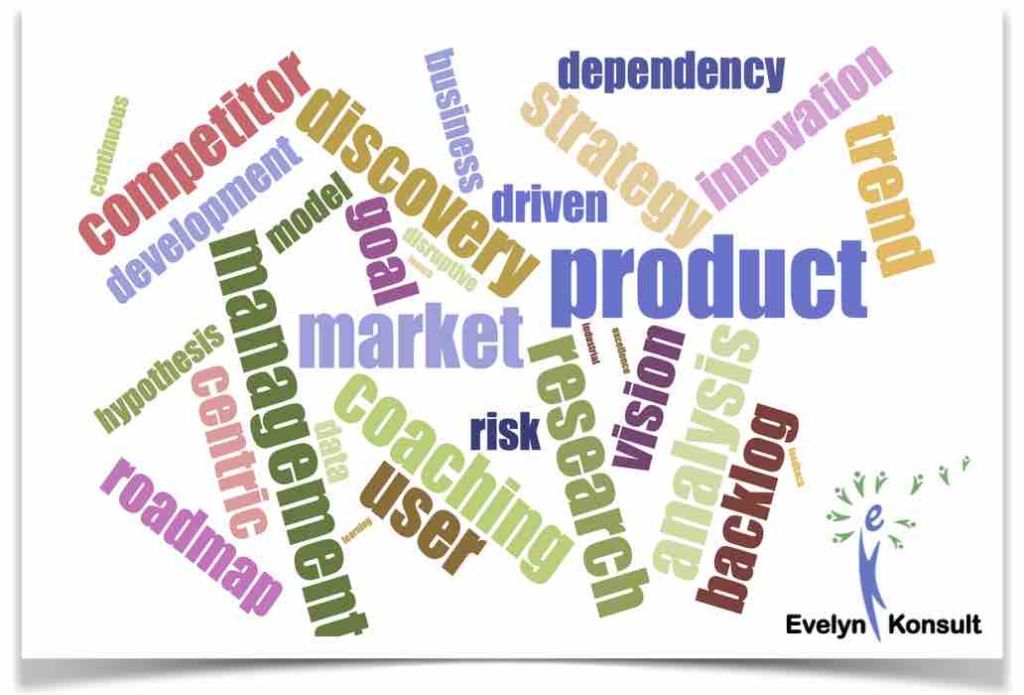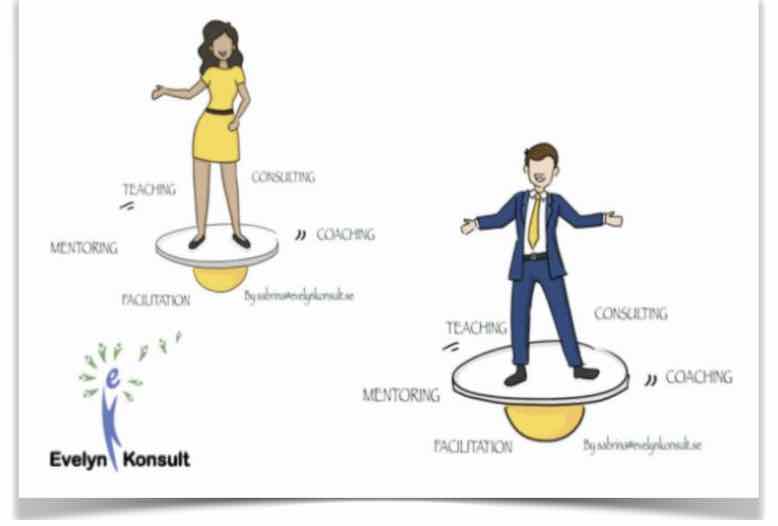Coaching Products: 8 Tips for Success
Evelyn Tian
I use a human head as an analogy to explain the product owner role during my product workshops.
This is also where I discuss about all the important things we have to consider in the head to achieve product excellence by building the 'right things' continuously.
Check out a list of condensed tips to get started!
This is also where I discuss about all the important things we have to consider in the head to achieve product excellence by building the 'right things' continuously.
Check out a list of condensed tips to get started!
Let’s continue the theme of Agile Coaches Series but with a different title – Coaching Products: 8 Tips for Success
Most ScrumMasters focus on developers on the Scrum team, with some focuses on product backlog. Thus many product opportunities are not yet seized. Let’s take a look at coaching on the product side.
Coaching a product involves supporting product owners, stakeholders and product team benefit from good practices in product management and development. Here is a list of key aspects to consider when coaching a product:
The Product Lifecycle:
Have a deep understanding of the entire product lifecycle, from ideation to development, launch, and ongoing improvement. This paves the road to product strategy that’s unique to the product situation.
The Product Vision, Goal and Strategy:
Work with the product team and stakeholders to co-create a clear product vision, goal and strategy. This involves understanding customer needs, market trends, and the competitive landscape.
The Product Roadmap:
We still plan while working agile, and we just work with planning differently. The product roadmap planning is another focus, to ensure that the roadmap aligns with the overall product strategy and communicates the product vision over time.
Collaboration with Stakeholder:
Many product owners feel stakeholders are difficult to manage. The moment the word manage is used, some negativity shows up already. Coach the product owner to collaborate with and benefit from experiences and itelligence of stakeholders.
Market Research and Competitive Analysis:
Guide the product team in conducting market research and competitive analysis. This helps in understanding market trends, identifying opportunities, and making informed product decisions.
Risk Management:
Help everybody working on the product identify and mitigate risks associated with the product. This involves anticipating potential challenges and developing strategies to address them. Actively make risk management decentralized to everybody contributing to the product.
The User-Centric Approach with DDD:
Work with the product team to gather and analyze user feedback, conduct user interviews, and help product teams establish product metrics and use analytics to drive product decisions.
Continuous Product Discovery and Continuous Learning:
Formulate hypotheses about customer behavior, market trends, or product features. Conduct experiments to test these hypotheses and gather data, and rely on empirical evidence to validate or invalidate assumptions. Use real-world data and observations to guide product decisions rather than relying solely on intuition.
The list is actually longer as it is intended for product people to evaluate how to best benefit in the agile context. In addition to product backlog management (see blog Prioritization is an Art), the above 8 tips can be a good starting point to evaluate.

Grow Product Coaching Capability
For anybody who wants to advance in the area of coaching products, the following two areas can be great to focus on:
Product Skills and Knowledge
If you want to have product coaching as part of your competence, distinguish yourself from other coaches, and stand out as domain experts in product management and leadership, you may want to continue building and possess a comprehensive understanding of the fundamental skills of product management in addition to agile coaching skills. Product skills and knowledge can be nicely coupled with a deep knowledge of various frameworks and approaches. All of these enable you to guide our teams and organizations, to address their unique specific challenges and grab product level opportunities.
Beyond these foundational skills, an area of speciality such as product discovery, startup collaboration, establishing processes for large organizations, innovation of product and business model can be your specialized expertise to attract clients, and/or support your organizations.
Product Experience
Extensive and diverse hands-on experience can equip agile coaches and ScrumMasters to collaboratively devise practical solutions to real-world challenges, going beyond theoretical constructs. Broad experience positions agile coaches to mentor teams and products as needed, providing a valuable reference point for distinguishing normal practices. This encompasses roles ranging from individual contributor to product leadership, ensuring a well-rounded understanding of the intricacies involved in product management.

Summary
Coaching a product is a collaborative and ongoing process. We need to adapt your coaching approach based on the unique needs and challenges.
Make strategic decisions about what to focus on, how to work with them (refer to the agile coaching series), and be prepared to iterate on your coaching methods as the product evolves.
Empty space, drag to resize
If you are interested in advancing yourself in the area of product, our Product Owner track of learning can be a great development path for you. Our Certified Scrum Professional – Product Owner (CSP-PO) program includes all learning objectives from the Scrum Alliance, plus product management in agile context.
Or you can have product mentoring sessions for yourself, or for a group of product people in your organization. Please mail us at training@evelynkonsult.se for a free initial discovery session.
Write your awesome label here.
Join our community
Thank you!
We have supported practitioners from 80 countries, and have monthly free activities for our community members.
You can bring any topics to our activities, or just get ready to network.
You can bring any topics to our activities, or just get ready to network.
Who we are
We are the training, coaching and consulting company that offer all your growth needs.
Get in touch
-
Evelyn Konsult AB
Stockholm, Sweden -
training@evelynkonsult.se
-
+46708883268
-
Affiliate Program
Copyright © 2026
Sign up to our newsletter!
Thank you!
Write your awesome label here.

